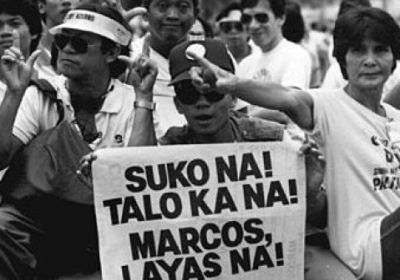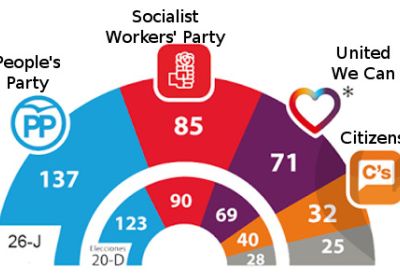
The key question about the result of the June 26 Spanish general election is also the most difficult to answer: why did 1.09 million people — who in the December 20 elections voted for the anti-austerity party Podemos, the United Left (IU) and the three broader progressive tickets Together We Can (Catalonia), Podemos-Commitment (Valencian Country) and In Tide (Galicia) — not vote for the combined Podemos-IU ticket (United We Can) and these broader tickets at this poll?
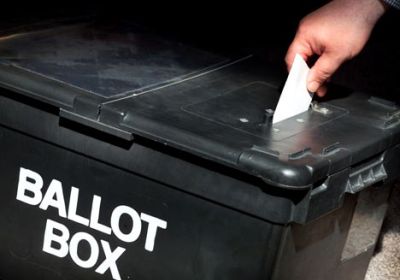

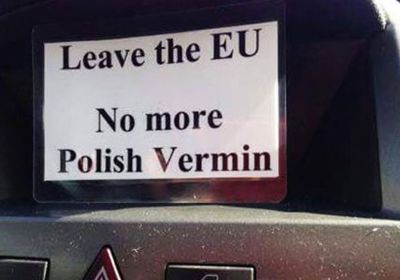
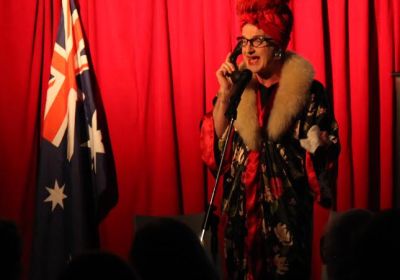
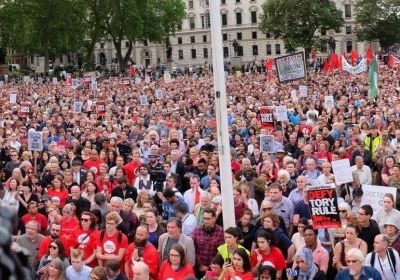
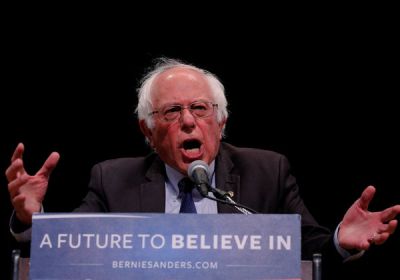
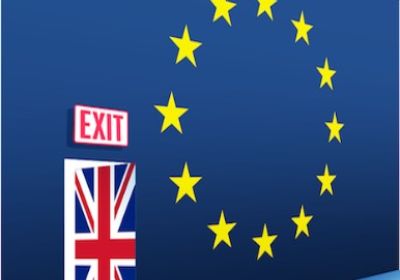
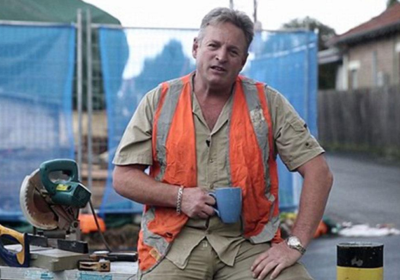
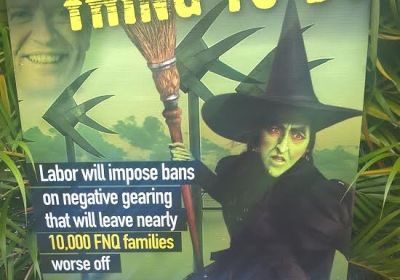
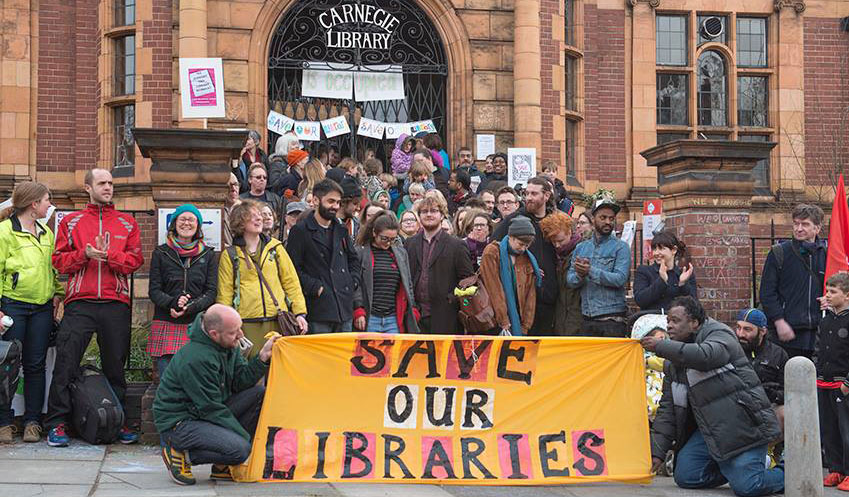 Campaigners in Lambeth against LIbrary closures. The area voted overwhelmingly for 'remain'.
Campaigners in Lambeth against LIbrary closures. The area voted overwhelmingly for 'remain'.
